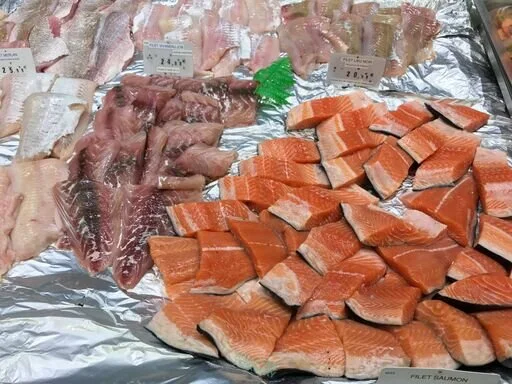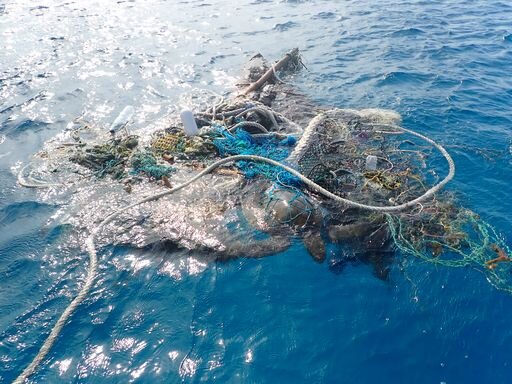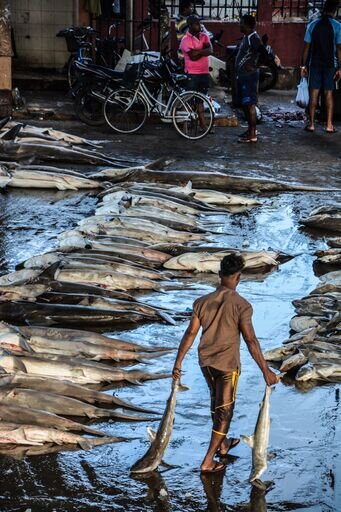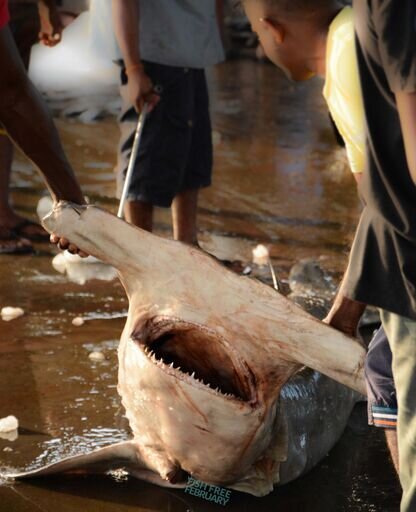Will you join #FishFreeFebruary ?
Sophie McDonald
The world is hooked on seafood. That’s why marine biologist Simon Hilbourne and Oceans Festival UK are launching a new campaign called Fish Free February, challenging the public to protect our oceans by removing seafood from their diet for the whole month of February.
The Fish Free February campaign aims to reduce our collective impact on the oceans, and the life that they hold, in a simple and effective way. The campaign will encourage people to discuss the wide range of issues associated with industrial fishing practices, putting the wellbeing of our oceans at the forefront of dietary decision-making.
So all fishing is bad? Not at all! Well-managed, small-scale fishing that uses selective fishing gears can be sustainable. However, the sad truth is that when it comes to the majority of our seafood, this is not the case. Most of the time we rely on industrial fisheries that prioritise profit over planet. This has resulted in multiple environmental challenges, and Fish Free February aims to shed light on these challenges, create wider discussion around these issues, and offer solutions.
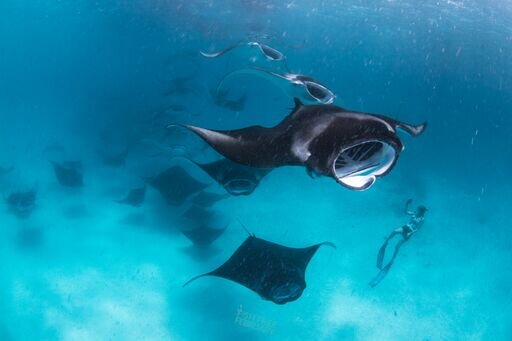
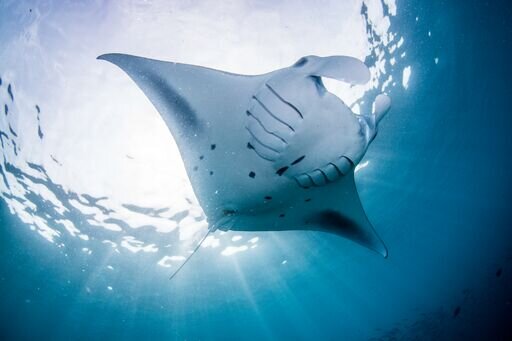
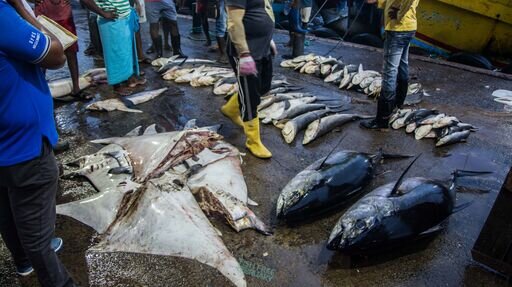
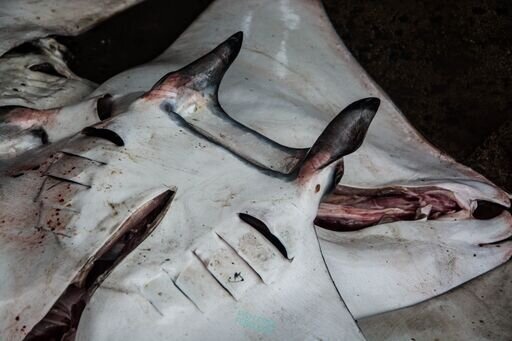
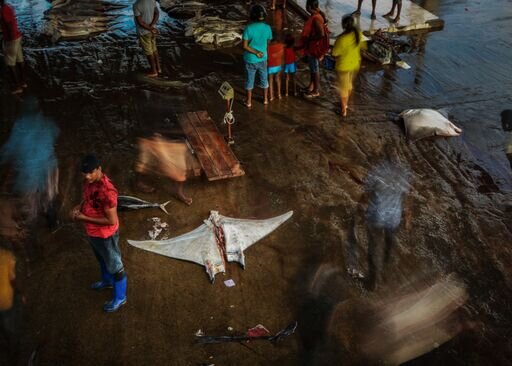
Manta and mobula rays suffer as a result of industrial fishing. Photos: Simon Hilbourne
So what are the issues associated with fishing?
Overfishing: We are taking more than our fair share of fish, so much in fact that populations can’t repopulate fast enough. It is estimated that 90% of global fish stocks are fished to their maximum or overfished.
Plastic Pollution: Discarded fishing nets make up 46% of the plastic in the Great Pacific Garbage Patch, far more than plastic bags or straws. Sea life can end up tangled or caught in fishing gear and large pieces of plastic pollution like fishing nets break down into microplastics, which are then ingested by marine life.
Destructive Fishing Practices: Fishing often doesn’t just kill the species that you want to eat, bycatch and non-specific fishing methods (such as dynamite, long lines, trawlers, gill nets and electric pulse nets) mean that other species end up dead as well. Dolphins, sharks, turtles, corals, and many fish species – they’re all caught up in this mess as well.
Farmed Fish (Aquaculture): 40% of the seafood we eat is farmed, but creating seafood farms often involves destroying existing habitats and has a high carbon footprint. Chemicals, diseases, and antibiotics associated with seafood farming also impact the surrounding waters and eventually affect wild populations. To top it all off, farmed fish is usually fed with fish caught by industrial methods, which further contributes to overfishing.
Human rights: In regions of the world such as South-East Asia, forced labour and human trafficking is rife within the fishing industry. It is very possible that the imported fish in our supermarkets has made its way from the sea to the shelves as a result of modern-day slavery.
It’s time to make the connection between the fish that is being sold, and the impact that it has had on the oceans in order to get there. Photos: Simon Hilbourne
How will Fish Free February change anything?
#FishFreeFebruary will send a clear message of protest against current standards of fishing and seafood farming. The ultimate goal is to generate a shift in the fishing industry and encourage a radical reduction in seafood consumption, opting for sustainable practices when fish is purchased. The campaign hopes to create a culture where people ask questions about where the fish they are being sold or served came from. Holding retailers and restaurants responsible for the products they sell will put pressure on them to source seafood from sustainable fisheries.
Fish Free February will strengthen the connection that the public have with their food and drive them to thoroughly consider where it has come from, and how it has made its way to their plate.
The campaign is gaining traction online and has already gained the support of Natalie Fee, a multi-award winning campaigner, Founder of City to Sea, and author of ‘How to Save the World for Free’. She says,
“The ecological balance of our oceans is under huge stress from overfishing and I’ll be championing #FishFreeFebruary to highlight this. With such a vast amount of ocean plastic coming from the fishing industry this is also a great opportunity to highlight the ‘hidden’ plastic pollution in our food chain”.
There aren’t plenty more fish in the sea - it is time to take action. Sign the pledge and join #FishFreeFebruary today!

